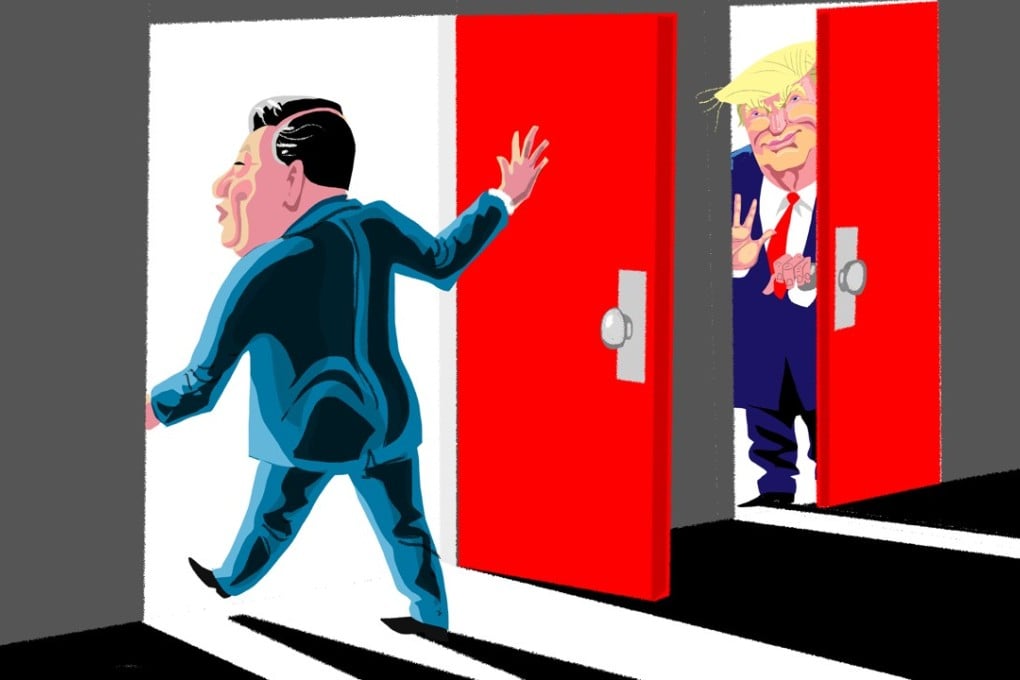Advertisement
How China can turn the trade war into a ‘strategic opportunity’ to ascend to global leadership
- Ni Tao says the strategist behind China’s ‘peaceful rise’ is back with a new theory: Beijing can seize an opportunity to lead the next phase of globalisation
Reading Time:4 minutes
Why you can trust SCMP

If you think 86-year-old Zheng Bijian’s best years are behind him, think again. The strategist and former executive vice-president of the Central Party School is best known for his coinage “peaceful rise”, which has been the defining notion of China’s foreign policy for well over a decade.
For almost as long, however, Zheng has been besieged by criticism, first from the likes of University of Chicago professor John J. Mearsheimer, a realist who contends that China’s rise will inevitably lead to acts of aggression and put it on a collision course with established powers, and most recently from Harvard scholar Graham T. Allison, who warns darkly of a “Thucydides trap” that threatens to drag China and the United States into a devastating war for dominance.
In the light of recent events, Zheng’s critics appear to be winning, but the old Communist theorist refuses to throw in the towel just yet.
Advertisement
The Trump administration has not only imposed new tariffs on US$200 billion in Chinese imports but also threatened to tax all US$500 billion of Chinese goods, deeply vexing many Chinese. The country’s raucous netizens are discussing the potential blow to the economy. Articles have revisited how Japan signed the Plaza Accord in 1985 and staggered into a “lost decade” after its bubble economy burst, conjuring up an ominous sense of déjà vu.
At a time like this, Zheng has been cajoled out of semi-retirement to soothe anxiety and lift morale – with a new theory on China’s “great strategic opportunity”. Speaking at Fudan University in Shanghai on October 14, he argued that despite the temporary setbacks, China is resilient enough to withstand a full-blown trade war.
Watch: US will ‘suffer more’ in trade war with China, Alibaba founder Jack Ma says
Advertisement
Select Voice
Select Speed
1.00x
